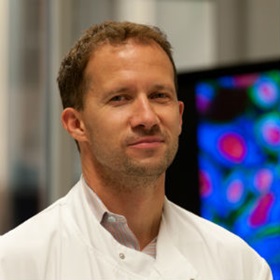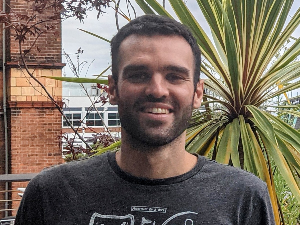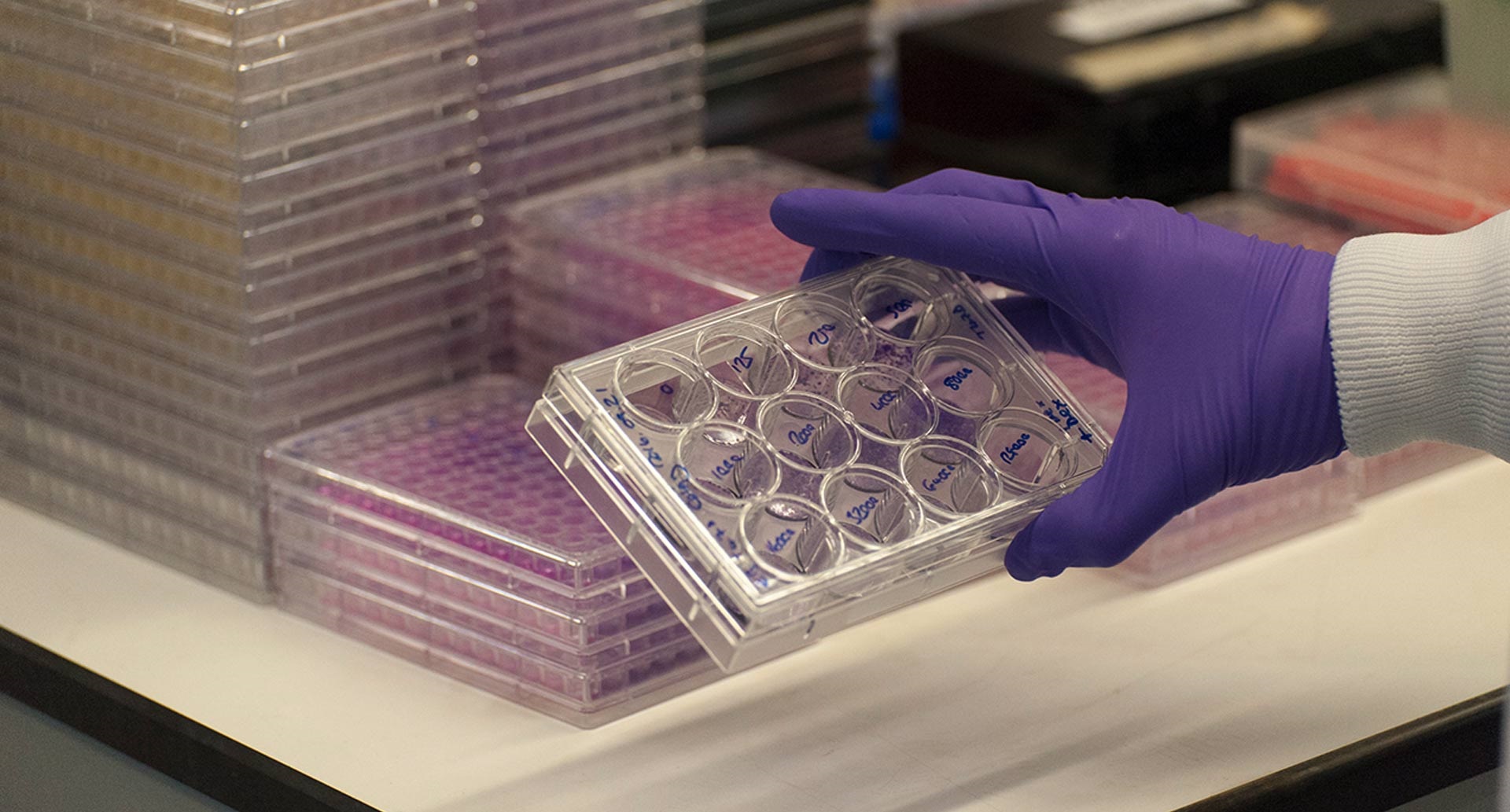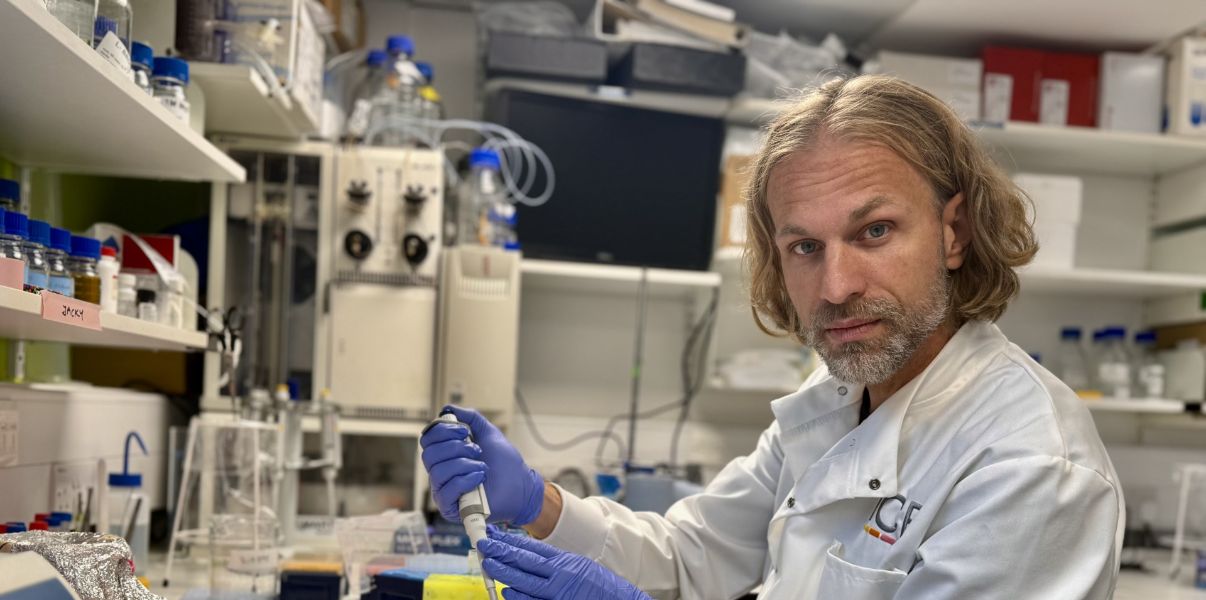Division of Cell and Molecular Biology
The Division of Cell and Molecular Biology studies the complex interplay of genes, proteins and biological processes that drive the development and growth of cancers. Understanding the many different biological systems underlying cancer’s development is essential for understanding cancer and identifying new targets for treatment.
The Division of Cell and Molecular Biology was previously known as the Division of Cancer Biology. The division's name was changed in February 2025 to better reflect the science happening within it.
Aims, facilities and activity in this division
Groups within the division are researching a wide variety of aspects of biology implicated in the origin and growth of cancer, including DNA replication and repair, cell division, signalling, metabolism, and migration.
Much of the division’s research is concerned with genomic stability; in particular how cells normally ensure that no errors are made in copying the genome or repairing it after damage, and that a complete copy of the genome is inherited by each daughter cell. All of these processes can and do go wrong in cancer, and this leads to vulnerabilities in cancer cells that can be successfully exploited for treatment.
A second strength of the division is in studying protein function and interactions on a systems-wide scale to identify how signalling pathways are rewired in cancer cells, and how this affects cell behaviour, cell shape and cell metabolism.
Historically, scientists in the division were the first to make the ground-breaking discovery of the mechanism by which the RAS gene – one of the most commonly activated genes in cancer – causes cells to turn malignant through activation of the ERK-MAP kinase cell signalling pathway.
Our research in cancer biology also helped identify and understand the BRAF oncogene, which is now an important drug target in malignant melanoma and other tumours.
The Division has oversight of and access to world-leading microscopy and proteomics facilities. The Centre for Genome Stability (CGS) at the ICR and The Royal Marsden, led by the Head of the Division of Cell and Molecular Biology, Professor Jonathon Pines, is a unique multidisciplinary programme bringing together scientific experts who work on DNA-damage response and genome instability research with clinical experts in the treatment of cancer.
Research group leaders
-profile-picture.jpg?sfvrsn=9da404bf_2)
Dr Alex Radzisheuskaya
Group Leader
Chromatin Biology
Professor Kristian Helin
Group Leader
Epigenetics and Cancer
Dr Christian Zierhut
Group Leader
Genome Stability and Innate Immunity
Dr Max Douglas
Group Leader
Telomere Biology
Dr Gideon Coster
Group Leader
Genome Replication
Professor Jyoti Choudhary
Group Leader
Functional Proteomics
Professor Wojciech Niedzwiedz
Group Leader
Cancer and Genome Instability
Professor Jessica Downs
Deputy Head of Division
Epigenetics and Genome Stability
Professor Jonathon Pines
Head of Division
Cell Division
Dr George Poulogiannis
Group Leader
Signalling & Cancer Metabolism
Dr Amanda Swain
Group Leader
Development and Cancer
Professor Chris Bakal
Group Leader
Dynamical Cell SystemsWorking in this division

Employee Story
Dr Federico Tidu is a Postdoctoral Training Fellow in Dr Christian Zierhut’s Cancer Biology – Genome Stability and Innate Immunity Team. He and his team are based in our Chester Beatty Laboratories building in Chelsea, Central London.
"Working in Chelsea is great and there’s a very good community here."



